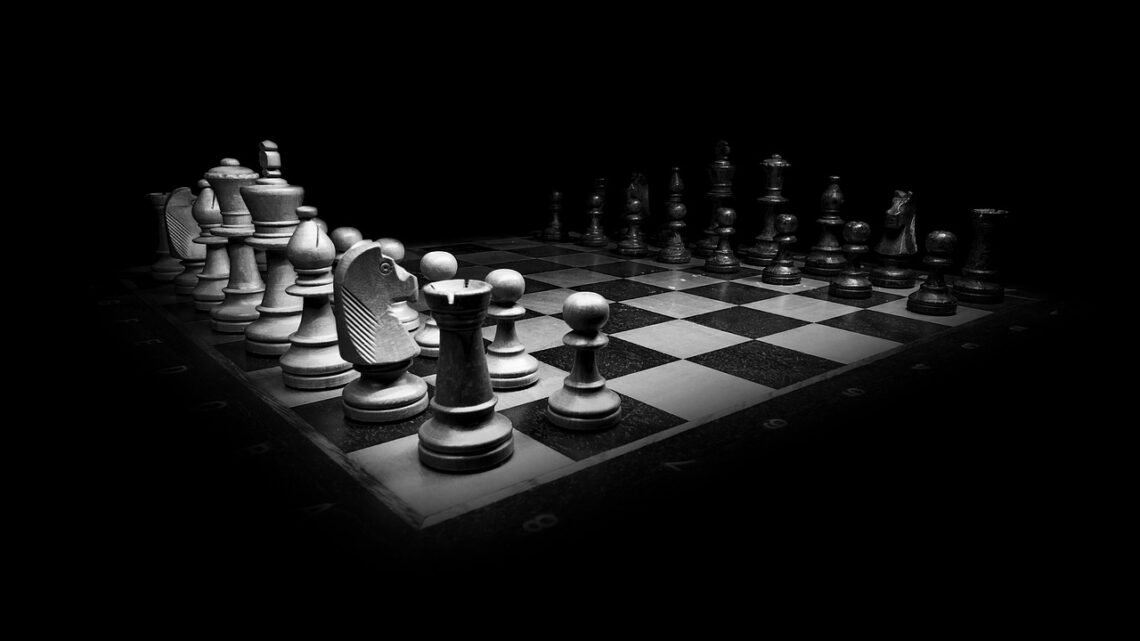
Chess Grandmaster
Learning how to play chess is not for the faint of heart, but following these simple steps will help you become a grandmaster in no time. Chess is a great game to play with loved ones. It’s fun and competitive. You can learn to play chess at your own pace and enjoy countless benefits along the way.
Mastering Chess Fundamentals
Learn the chessboard setup and piece movements. The king moves one square in any direction, the queen can move any number of squares in any direction, the rook moves horizontally or vertically, the bishop or rook moves diagonally, the knight moves in an L-shape, and the pawn moves forward but captures diagonally.
Learn the Rules
Next, get a firm grasp on the essential rules of chess, such as castling, en passant, and pawn promotion. Castling helps safeguard your king and connect your rooks, while en passant allows a pawn to capture another pawn in a specific scenario. Pawn promotion lets a pawn become a more powerful piece once it reaches the opponent’s back rank. Mastering these rules can significantly enhance your strategic play and potentially shift the game’s momentum in your favor.
Master Essential Tactics
Focus on mastering common tactics like forks, pins, and skewers. A fork involves attacking two or more pieces simultaneously, a pin restricts the movement of a piece due to a more valuable piece behind it, and a skewer forces an opponent to move a piece in front to save one behind it. Practicing these tactics can significantly enhance your strategic play and help you gain a decisive advantage in your games.
Study Opening Strategies
Get to know popular openings such as the Ruy López, Sicilian Defense, and Queen’s Gambit. Mastering these openings will set you up for success, giving you a strong start and a solid foundation for the middle game.
Developing Your Pieces
Focus on developing your pieces efficiently throughout the game. Take control of the center of the board, safeguard your king, and position your pieces actively. Avoid moving the same piece repeatedly during the opening phase unless absolutely necessary.
Practice Endgames and Play Regularly
Endgames are crucial, so familiarize yourself with key scenarios like king and pawn versus king and checkmating with king and rook versus king. Mastering these will help you turn advantages into wins. To improve, play frequently by challenging friends, joining online platforms, or entering local tournaments. Each game is a chance to learn and advance.
Analyze Your Games and Keep Learning
Review your games to spot mistakes and missed opportunities, helping you refine your strategies. Stay curious by studying famous games and exploring chess resources to continuously improve. Committing to practice and learning will advance your skills and make you a stronger player. Enjoy the process and embrace each game as a chance to grow.
Happy chess playing!




